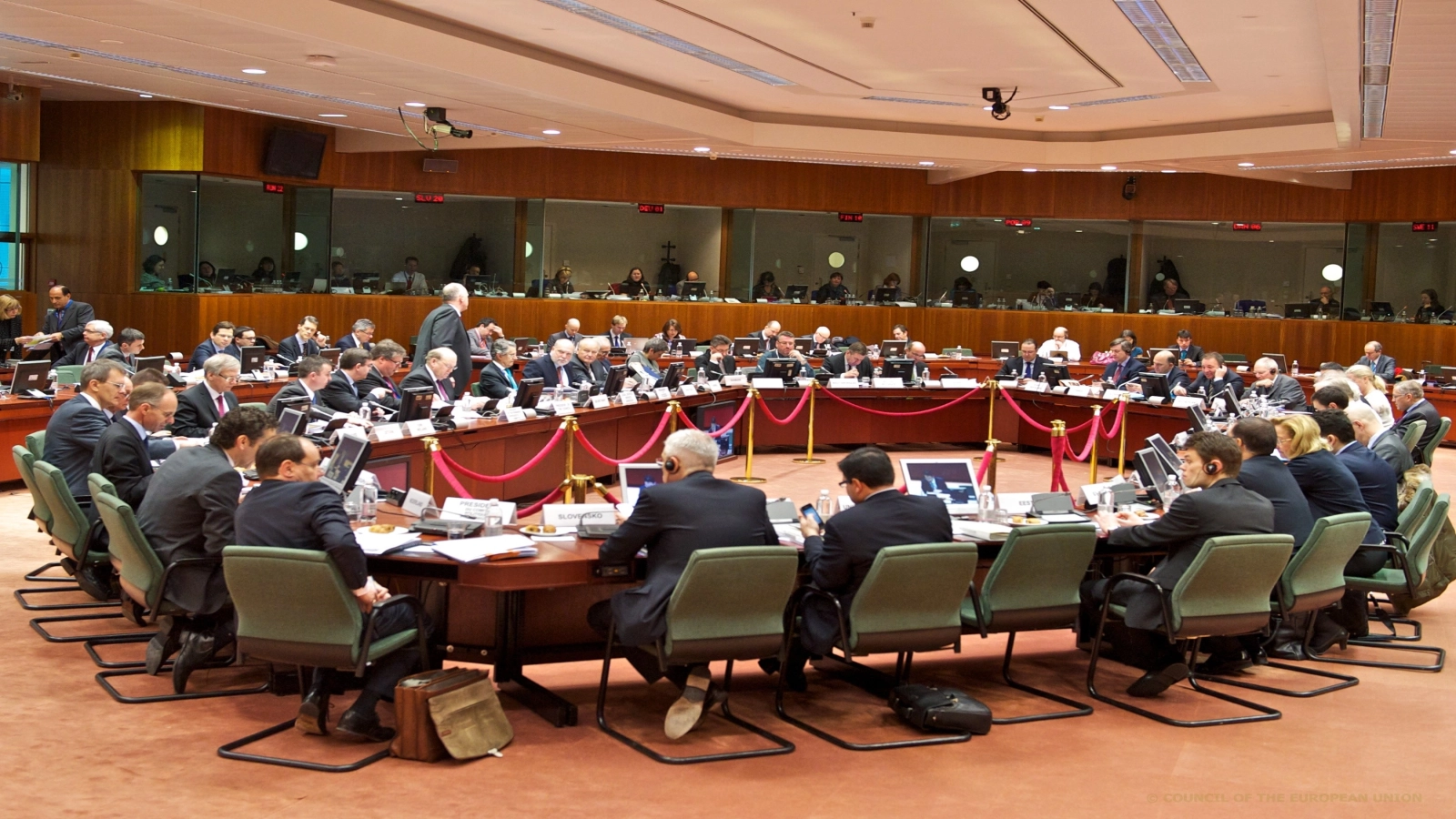The package of fiscal measures has been discussed with the European Commission and there are signs that if it is approved before the ECOFIN Council, the Commission's assessment will be good and Romania will start on a new path, Finance Minister Alexandru Nazare said on Thursday at a press conference organized at the Government.
"This package has an impact on revenues, in 2025, of 9 billion, approximately 9.5 billion RON. On the expenditure side, the amount is much lower, 1.2 billion RON, to which we add the savings we have made from capping the increase in the working conditions allowance. So, the total impact is 10.750 billion RON for 2025. The impact on 2026 from revenues is 35 billion and from expenditure of 57 billion, but here you have to take into account that, basically, we have included everything that was in the 'little train ordinance'. Of these 57 billion, 18 billion represent the freezing of salaries and pensions and all other related rights that were part of the 'Little Train' Ordinance for 2026. This package has been negotiated with the Commission, we have a positive impact, we have positive signals from the Commission that, if adopted before the ECOFIN Council, the Commission's assessment will be good," said Alexandru Nazare.
He pointed out that two new elements of fiscal responsibility have been introduced, namely the presentation by the prime minister and the minister of Finance of the budget execution of the previous year in Parliament by the end of May each year.
In fact, during the conference, the minister of Finance presented an evolution of expenditure in the last five years, which indicates an increase of 43%, from 459 billion RON in 2021 to 831 billion RON today.
"The deficit, on a cash basis, in 2021 was 79 billion, corresponding to 6.7% of GDP, and in 2025 it reached 176 billion. Personnel expenditure in the consolidated general budget in 2021 was 111 billion, today it stands at 172 billion. Pension expenditure in 2021 was 110 billion, today it stands at 190 billion in 2025. Expenditure on goods and services in 2021 was 64 billion, today it is 97 billion," Nazare said, pointing out that in 2021 the public debt was 576 billion, and today it is expected to exceed 1,100 billion, i.e. 58% of GDP.
He mentioned that Romania has been under an excessive deficit procedure for five years and a lot of hard work will have to be done in the next five years to get out of this excessive deficit, because "as long as we are under excessive deficit, our negotiating capacity in Brussels, in the Council of Finance Ministers, is much reduced".
The Finance minister said that, with the fiscal package presented on Thursday, Romania avoids the risk of suspending European funds and losing the status of a recommended economy for investment, and paves the way for the negotiation of loans from the National Recovery and Resilience Plan (NRRP), which would have been blocked if this package had not been adopted, giving as an example the fact that the publication of the package of measures has already influenced the tenders that were underway, with the effect of lowering the cost of financing public debt.
The Ministry of Finance published on Thursday a draft law providing for some fiscal-budgetary measures, including anincrease in the standard VAT rate from 19% to 21% and in the reduced rates from 5% and 9% to 11%, an increase in excise duties, an increase in the dividend tax from 10% to 16% and an additional tax for banks. The draft law also envisages an increase in the tax on gambling and the payment of social security contributions for pensions above 3,000 RON, for the amount exceeding this ceiling.
































Comentează